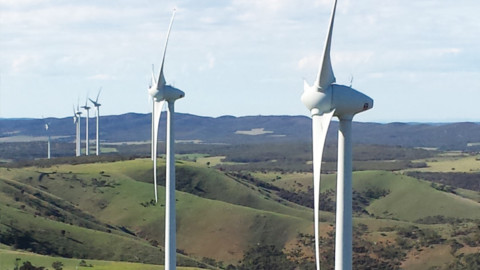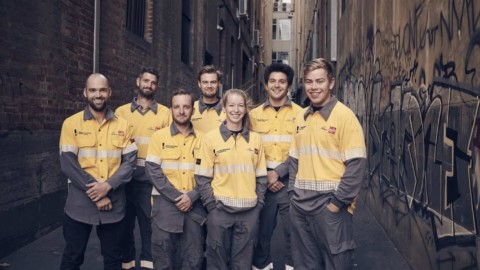The Victorian Government has announced a new emissions reduction target of 75-80 per cent by 2035 and net zero emissions by 2045.
The Victorian Government is cutting its emissions by more than any other state since 2014 – having already cut the state’s emissions by 32.3 per cent below 2005 levels.
The Victorian Government is taking action across the state to deliver on the new targets – delivering zero-emissions transport, helping farmers cut emissions, storing carbon in local landscapes and driving down emissions in the waste sector through the circular economy.
The Victorian Government said it is working to ensure all government operations are powered with 100 per cent renewable electricity by 2025.
These new targets will ensure Victoria seizes the enormous economic opportunity climate change action presents – generating $63 billion of benefit to the economy and helping to create thousands of jobs.
The re-establishment of the State Electricity Commission (SEC) will be a key driver reducing emissions and bringing down power bills through $1 billion of initial investment into new renewable, government-owned energy. This investment will deliver 4.5GW of renewable power – the equivalent of Loy Yang A.
Victoria’s target of 95 per cent renewable energy generation by 2035, renewable energy storage target of 6.3GW by 2035 and offshore wind energy targets will also enable the state to make this transition.
Victorian Minister for Climate Action, Lily D’Ambrosio, formalised the target under Victoria’s Climate Change Act 2017.
Ms D’Ambrosio said Victoria is continuing to lead the way on climate action in Australia.
“We’re laying the foundation for more long-lasting change with significant investments in renewable energy such as bringing back the SEC,” Ms D’Ambrosio said.
The Victorian Government plans to legislate these emissions reduction targets by the end of 2023.
Chair of the Independent Expert Panel, Martijn Wilder, said, “Victoria’s ambitious and achievable 2035 emissions reduction target takes into account the advice of the Independent Expert Panel and ensures Victoria remains aligned with the Paris Agreement goals, while accelerating clean investment in Victoria’s economy.”
















